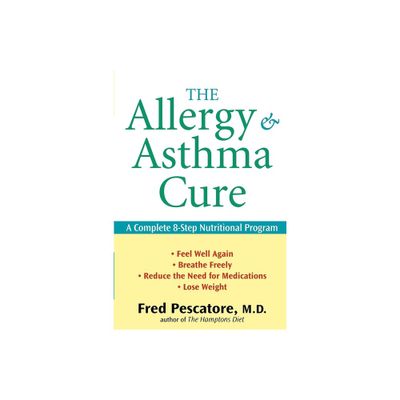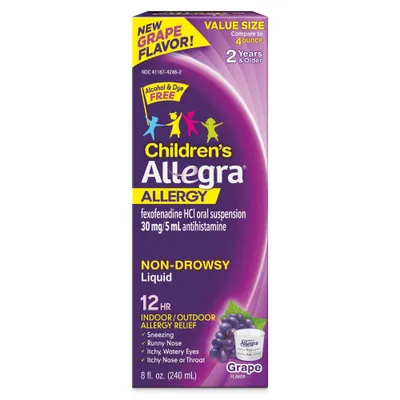Home
Allergies, Asthma, and the Common Cold
Loading Inventory...
Barnes and Noble
Allergies, Asthma, and the Common Cold
Current price: $24.95


Barnes and Noble
Allergies, Asthma, and the Common Cold
Current price: $24.95
Loading Inventory...
Size: OS
*Product Information may vary - to confirm product availability, pricing, and additional information please contact Barnes and Noble
During allergy season, sufferers know the drill: runny nose, watery eyes, sneezing up a storm. For the unlucky with asthma, symptoms might also include coughing and wheezing. However, asthma is not always caused by allergens like pollen and dustnonallergenic asthma is brought on by a number of possible environmental or genetic triggers. Then there’s the common cold, which also presents with similar symptoms. So what’s causing your runny nose?
In
Allergies, Asthma, and the Common Cold
, we review what we know about these three conditions as well as take a look at food allergies and what’s on the horizon for allergy treatment and prevention. We begin with what causes allergies, in which Steve Mirsky interviews Johns Hopkins School of Medicine researcher Kathleen Barnes on the science behind the hygiene hypothesis, which suggests that early exposure to bacteria and viruses leads to a stronger immune system and a reduced likelihood of developing allergies later in life. Next we tackle asthma, which is reaching epidemic proportions in some parts of the world. Then we discuss interventions for food allergies specifically, including genetically modified foods and immunotherapy. And finally, we look into allergies in general, and how the fine-tuned “human microbiome” may be protecting us more than we know.
In
Allergies, Asthma, and the Common Cold
, we review what we know about these three conditions as well as take a look at food allergies and what’s on the horizon for allergy treatment and prevention. We begin with what causes allergies, in which Steve Mirsky interviews Johns Hopkins School of Medicine researcher Kathleen Barnes on the science behind the hygiene hypothesis, which suggests that early exposure to bacteria and viruses leads to a stronger immune system and a reduced likelihood of developing allergies later in life. Next we tackle asthma, which is reaching epidemic proportions in some parts of the world. Then we discuss interventions for food allergies specifically, including genetically modified foods and immunotherapy. And finally, we look into allergies in general, and how the fine-tuned “human microbiome” may be protecting us more than we know.


















